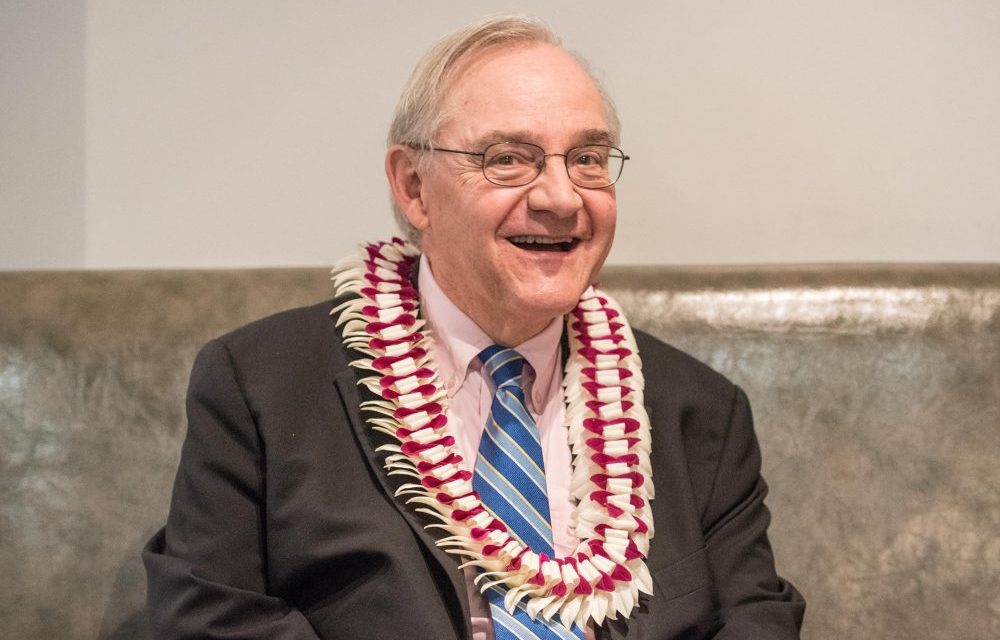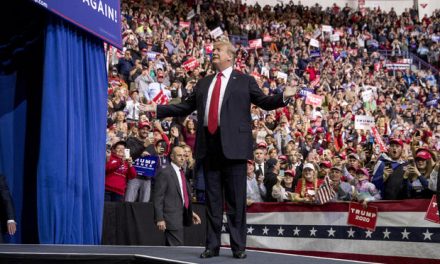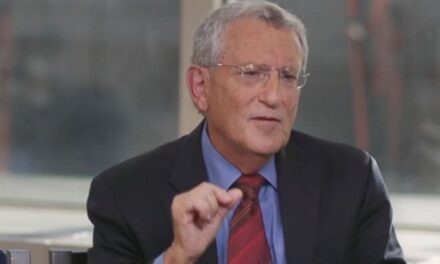Image Credits: Joseph Esser.
I enjoyed reading E.J. Dionne’s call for progressive/moderate harmony. I generally agree with the points he makes, although I’m skeptical that people will heed his advice. I also don’t like the way there’s a kind of binary in his argument between Sanders/Warren and Biden/Buttigieg/Klobuchar/Bloomberg/Third Way.
I just don’t think Third Way is relevant enough anymore to serve as half of any two-sided argument, and I don’t think any of the candidates is really pushing their traditional line. In a way, that’s part of Dionne’s point. The 1990’s are gone. The pre-Trump era is gone. There really isn’t a realistic chance of having a successful restorative political movement. Whether you long for radical change or simple normalcy, whenever the Democratic Party next gets a chance to govern, it is going to have to approach things in new and novel ways. So, even a “moderate” candidate is probably going to attempt some pretty transformative things.
One thing I think should be obvious from the polls is that younger voters are not clamoring for restoration, moderation or normalcy. That doesn’t mean they won’t ultimately support a moderate candidate over Trump, but they’ll do so with a lot more enthusiasm if that moderate starts forcefully advocating for them.
Either way, populism isn’t popular if its not perceived to be in the people’s interests, or it seems to serve only other people and other communities. This is well understood when it comes to rural voters resenting policies that seem to be more generous to urban areas, but it’s true based on class, too. Free college doesn’t sell well with families that didn’t go to and have no intention of going to college. If the Democrats want to attract skeptics to their brand of populism, they need to spend more time making people understand that they’re on their side and understand their unique concerns and challenges.
Sanders can take this too far by suggesting that identity politics is a distraction and an albatross that kills the potential to win over white voters to a populist agenda. The answer isn’t to keep an arm’s distance from one’s one base, but to spend more time talking directly to skeptical white voters so that they know you are fighting just as hard for them. You have to make people believe that you’re on their side, and there’s no better way to do that than to loudly wage a battle on their behalf. The Democrats could never do this based on race, religion or identity, which means they must do it based on economic policy.
However you look at it, the Democrats that went over to Trump and the young voters who are rejecting Biden, both have no interest in going back in time or in tinkering around the edges. These groups are under economic stress and are going to listen to anyone who promises to pursue a radically aggressive agenda on their behalf. The successful candidate will be the one who convinces them they can deliver real change.
The additional challenge is twofold. A Democrat has to be responsive to real concerns from their base that risk muddying the “whose-side-are-you-one” question, and they also have to appeal to a huge swath of very comfortable (older) voters who don’t want more risk but rather five minutes to catch their breath after the chaos of Donald Trump.
It’s not possible to perfectly hit all these marks, but a candidate who clearly understands that populism can sell but must be simultaneously tempered and targeted will probably be able to win this election.
I think Dionne is trying to say the same thing, but he’s asking the Democratic voter to go along. And the Democratic voter is generally going to hate all of this either because it’s too tame or because it’s too aggressive.







